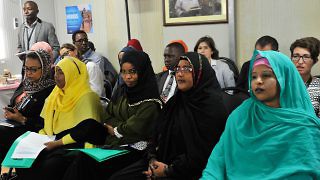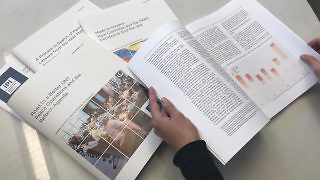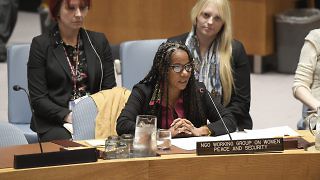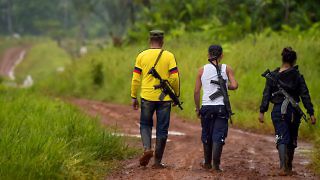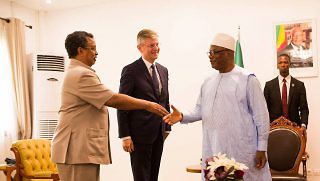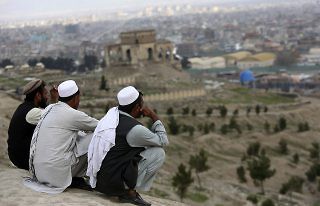There are often an array of questions expressed that in some way relate to the fundamental question: “why women?”
Tag: peace processes
-
-
Now that Iván Duque has won the presidency, a closer look at the changes he has proposed and a mapping of the biggest vulnerabilities to the agreement signed in November 2016 illustrates the stakes.
-
In line with the call of the secretary-general, the top reports published by IPI in 2017 provide insights into how the international community can best respond to some of the most pressing challenges to global peace and security by investing in conflict prevention, supporting mediation, and sustaining peace.
-
Charo Mina-Rojas of Black Communities’ Process (Proceso de Comunidades Negras-PCN) in Colombia discusses the peace process, the role of governments in protecting minorities, and the importance of including gender and ethnic perspectives in sustaining peace.
-
The political events of last week in Colombia made clear that while the country has a real chance for peace, the road is still riddled with difficulties, and the window of opportunity to establish the foundation for the long-term implementation of the agreement is quickly closing, especially given the possibilities that the new government won’t be supportive of the peace process.
-
The fact that Greece and Turkey were directly involved in the process through their foreign ministers allowed them to at least partially subsume the Cyprus peace process within the broader frame of Greco-Turkish relations.
-
The interim authorities will need to be made operational—with competent staff and adequate financial means—so that they can start providing services to northern populations ahead of the regional elections that are supposed to be held in October or November 2017.
-
Even within the Russian-led process there are divergences of opinion on such talks, with India and Afghanistan steadfastly maintaining that reconciliation is possible only upon the Taliban’s complete renunciation of violence.
-
Despite its minor positive outcomes, preparation (or lack thereof) of the event highlighted existing societal divides and opposing points of view.
-
The Arab proposal was largely a reiteration of United Nations Security Council Resolutions 242 and 338. It promised complete normalization between Arab states and Israel should Israel withdraw from Palestinian and Arab land it occupied in 1967.
